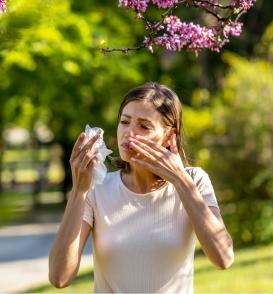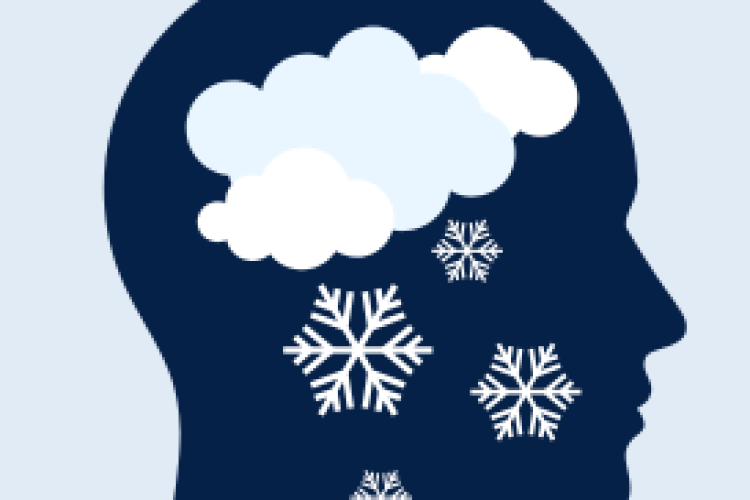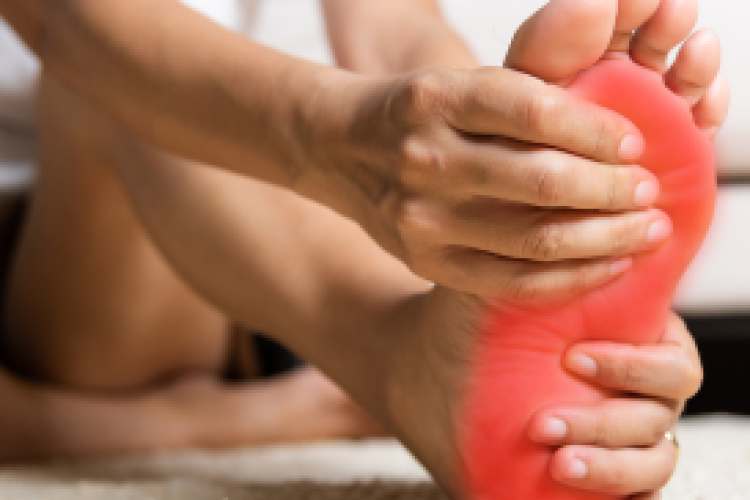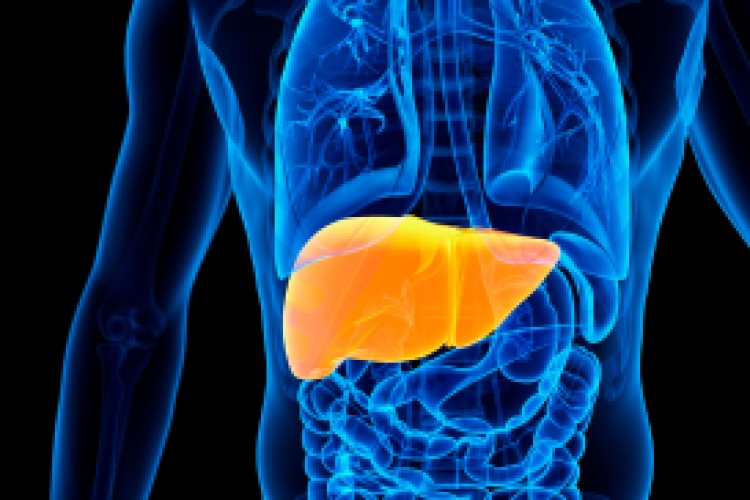
Your doctor can help you figure out the cause so you can breathe easier.
Seasonal allergies can affect your sinuses and nasal passages. It can be tricky to tell if your drippy, stuffy nose is due to allergies or a sinus infection (sinusitis). “It’s important to determine the cause of your symptoms, so you can get the correct treatment,” said Samuel N. Helman, M.D., an Otolaryngology (ear, nose and throat) and sinus specialist at Montefiore Nyack Hospital.
Allergies can be seasonal (allergy to pollen, trees or grass), or caused by allergens such as dust or pet dander. A sinus infection occurs when your nasal passages are infected. Both conditions can cause inflammation of the nasal passages, along with symptoms such as congestion and stuffy nose.
Sinusitis basics
“Sinusitis is separate from allergy, but a person can have both at the same time and both diseases may impact each other,” Dr. Helman said. Sinusitis symptoms may include reduction or loss of taste or smell, post-nasal drip, nasal congestion, and facial pain or pressure over the cheeks
or forehead.
Sinusitis can be caused or worsened by a variety of factors. These include:
• Nasal allergies
• Asthma
• Nasal polyps (growths)
• Deviated septum. The septum is a line of tissue composed of cartilage and bone that divides the nose. A deviated septum isn’t straight, so it narrows the passage on one side of the nose.
• Smoking
Treatment for sinusitis may include:
Nasal irrigation. This is an at-home treatment to rinse your sinuses. Dr. Helman recommends using a neti pot to reduce the number of irritants such as allergens in the nose and the openings of the sinuses. You use the neti pot to pour salt water (saline) into your nostrils. “Using a neti pot is helpful even for people without allergies, to keep the nose and sinus clean,” he said.
A nasal steroid spray to reduce inflammation inside the nose.
Antibiotics if there is a sign of infection in the sinus.
How do you know if it’s sinusitis?
If a person has sinus symptoms, Dr. Helman may perform a nasal endoscopy to confirm the presence of swelling, polyp, or infection in the sinuses. He inserts an endoscope (a thin, flexible tube with a light and camera) into the nose. This gives a clear inside view of the sinuses and nasal passages. He may also order a CT scan to get a better view of the sinus. “These tests help us see the parts of the sinus that cannot be seen with the endoscope and give us insight into what is causing a patient’s symptoms and how to decide on a treatment plan best tailored to the individual patient,” he said.
When allergies are involved
If Dr. Helman suspects a person’s sinus problems are related to allergies, he sends them to an allergist to find out what they are allergic to. “In a perfect world, you would be able to avoid allergens, dust and irritants, but this is not always possible so an allergist helps identify what you are allergic to and can prescribe medications or start certain allergy treatments that may have a big impact. They can also help patients with allergy-induced sinusitis have improved symptoms,” he notes.
Often, a person will be prescribed allergy medication, such as a histamine nasal spray or oral allergy medication.
“If you have allergy and sinus symptoms, see your doctor. A team-based medical approach involving your primary care doctor, allergist and/or ear, nose and throat specialist can help improve your symptoms and quality of life, so you don’t have to dread allergy season every year,” Dr. Helman said. “They’ll come up with a plan that’s safe, effective and tailored to you.”
Dr. Helman practices at White Plains Hospital Physician Associates (WPHPA) of Nyack located at 160 N. Midland Avenue within Montefiore Nyack Hospital. To schedule an appointment, call 914-849-3755.



 Upcoming Events
Upcoming Events



